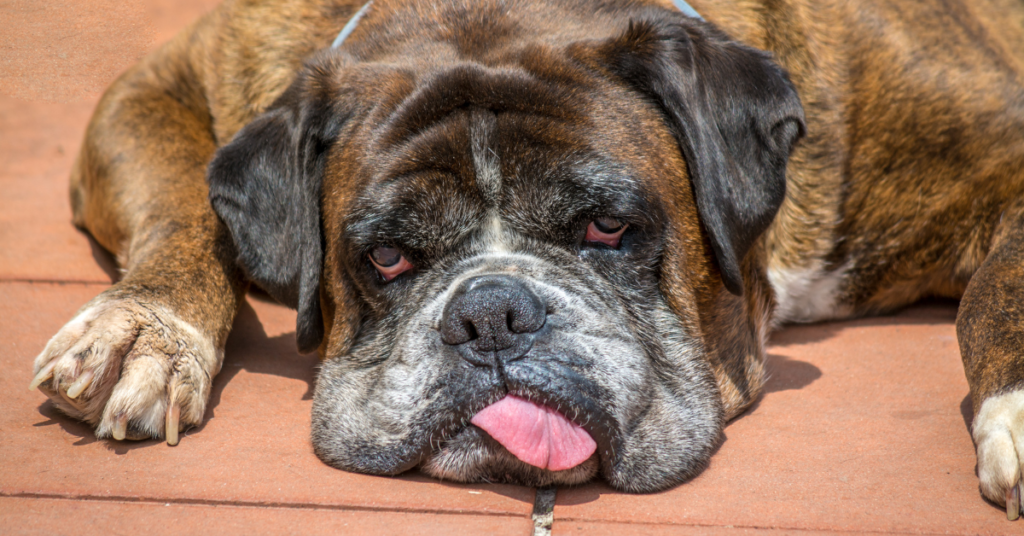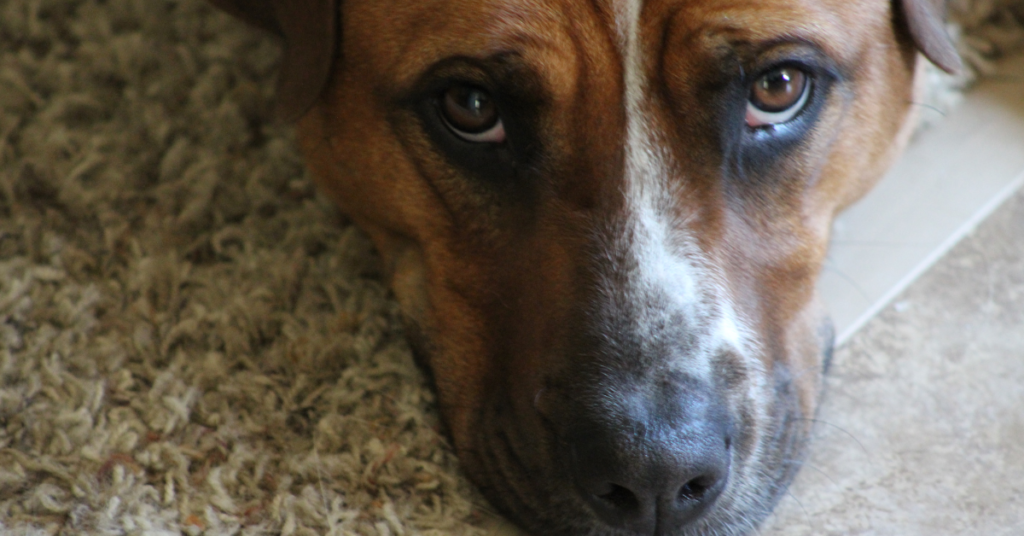Mycoplasma in dogs can be a concerning condition that impacts your pet’s respiratory and overall health.
This infection is a lesser-known bacterial infection that can have severe consequences for your dog if left untreated.
*Disclaimer: This Post May Contain Affiliate Links. This Means That I Receive A Small Commission At No Extra Cost To You Should You Click Through And Make A Purchase. Learn More On My Policy Page
What is Mycoplasma in Dogs?
Mycoplasma refers to a group of bacteria that lack a cell wall, making them unique and more resilient to certain antibiotics.
These bacteria often target the respiratory system of dogs, though they can also infect other parts of the body, such as the urogenital tract and joints.
Unlike other bacteria, it can persist without being immediately detected, leading to chronic health issues if not treated early.
Mycoplasma can affect any dog, but dogs with weakened immune systems, puppies, and older dogs are more susceptible.
It can also appear as a co-infection with other illnesses, such as kennel cough or canine parainfluenza virus, making early detection crucial.
The Facts:
- It primarily affects the respiratory system but can also target the urogenital tract and joints.
- Mycoplasma often occurs as a co-infection with other respiratory diseases.
- Common symptoms include coughing, sneezing, eye discharge, and fever.
- Transmission occurs via direct contact with infected dogs or contaminated environments.
- Diagnosis involves blood tests, nasal swabs, and PCR testing.
- Treatment usually requires specific antibiotics, rest, and hydration.
How Does Mycoplasma Spread?
Mycoplasma can be spread through:
- Direct contact with infected dogs.
- Exposure to contaminated environments (e.g., kennels, dog parks).
- Sharing food bowls, water dishes, and toys.
Dogs that frequently socialize with other dogs or spend time in high-density dog environments are at higher risk.
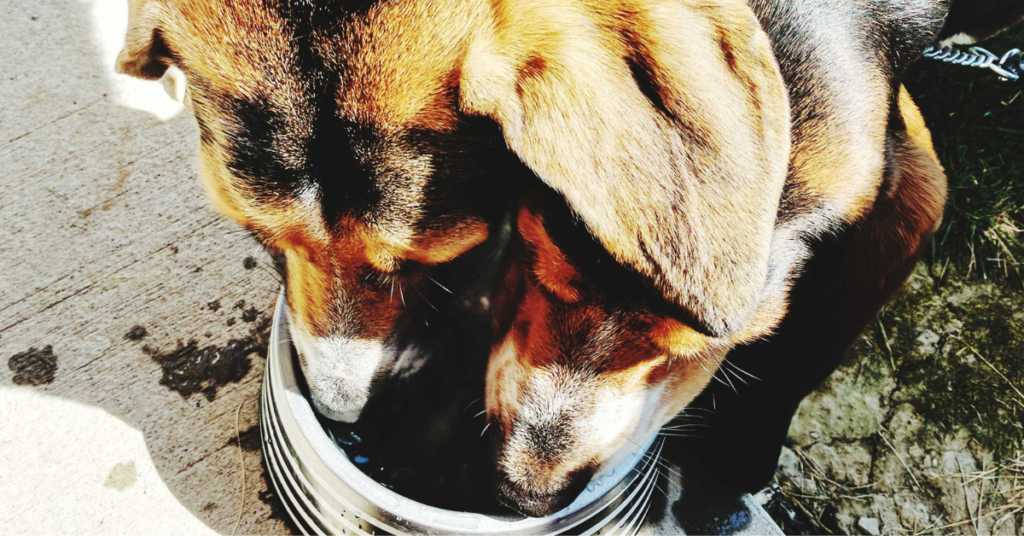
What Are the Symptoms of Mycoplasma Infections in Dogs?
Symptoms in dogs can vary depending on where the infection occurs in the body.
However, the most common symptoms are related to respiratory issues.
Key symptoms include:
- Persistent coughing.
- Sneezing and nasal discharge.
- Eye discharge.
- Fever: iProven Digital Thermometer for Dogs
- Difficulty breathing or labored breathing (in severe cases).
- Lethargy and decreased energy.
- Loss of appetite.
In severe cases, dogs may develop pneumonia or other serious complications, making it vital to seek veterinary care as soon as you notice these signs.
How Is Mycoplasma Diagnosed?

Diagnosing Mycoplasma infections can be tricky because it often occurs alongside other respiratory conditions.
A vet will typically recommend a combination of diagnostic tests, including:
- Blood tests to identify antibodies or infection markers.
- Nasal swabs to detect bacterial presence.
- X-rays or imaging to assess the condition of the lungs if respiratory symptoms are severe.
- PCR testing (Polymerase Chain Reaction) to identify the specific bacteria responsible for the infection.
Since Mycoplasma lacks a cell wall, traditional antibiotics may not always be effective, so a thorough diagnosis is crucial for proper treatment.
What Causes Mycoplasma Infections in Dogs?
It can cause a range of infections in dogs, often depending on where the bacteria take root.
The bacteria thrive in environments where there are high populations of dogs, such as kennels, shelters, or dog parks.
Causes of Mycoplasma infections may include:
- Weakened immune system: Dogs with a compromised immune system are more susceptible.
- Concurrent infections: Mycoplasma often occurs alongside other infections like kennel cough or canine respiratory coronavirus.
- Poor environmental hygiene: Unclean living conditions, contaminated water or food, and poor ventilation can contribute to Mycoplasma spreading.
How Can Mycoplasma Infections Be Treated?
Once diagnosed, your vet will prescribe the appropriate course of treatment.
Since it can be tricky to treat due to their resilience to certain antibiotics, it’s crucial to follow your vet’s instructions closely.
Treatments may include:
- Antibiotics: Specific antibiotics like doxycycline are often used to target Mycoplasma bacteria.
- Cough suppressants: These help manage the respiratory symptoms.
- Supportive care: Rest, hydration, and proper nutrition are vital to your dog’s recovery.
- Hospitalization: In severe cases, dogs may require hospitalization and oxygen therapy to manage breathing difficulties.
It’s important to complete the full course of antibiotics prescribed, even if your dog appears to be feeling better.
Incomplete treatment may lead to a relapse or the development of antibiotic resistance.
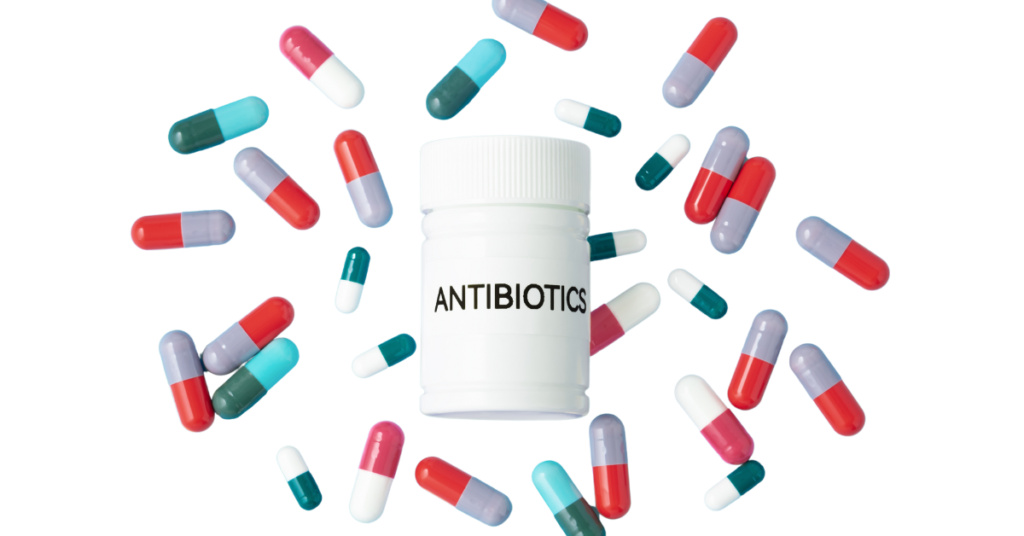
Can Mycoplasma Infections in Dogs Be Prevented?
Prevention plays a significant role in managing Mycoplasma infections in dogs.
While it’s impossible to completely eliminate the risk, there are steps you can take to reduce your dog’s chances of contracting it.
Preventive measures include:
- Regular vet check-ups: Routine health assessments will help catch potential health issues early.
- Vaccinations: While there isn’t a specific vaccine for Mycoplasma, keeping your dog’s vaccinations up to date, particularly for respiratory illnesses, can reduce the risk of co-infections.
- Proper hygiene: Clean your dog’s living area, food and water bowls, and toys regularly.
- Limiting exposure: Avoid exposing your dog to overcrowded environments with high risk of infection, such as kennels or doggy daycare centers.
By taking these steps, you can reduce the likelihood of your dog becoming infected with Mycoplasma.
Is Mycoplasma Contagious to Humans?
While it is contagious among dogs, it is not considered a zoonotic disease.
This means that humans are generally not at risk of contracting Mycoplasma from their dogs.
However, it’s still important to maintain good hygiene practices to avoid spreading the infection to other dogs in your household or community.
How Can You Support Your Dog’s Recovery from Mycoplasma?
Supporting your dog’s recovery involves more than just giving them their medications.
You should provide them with a comfortable, quiet space to rest. Ensure they stay hydrated by offering plenty of fresh water.
Encouraging your dog to eat, even if their appetite is low, is also important for maintaining strength during recovery.
Additionally, you can help your dog’s recovery by:
- Using a humidifier: This can help ease respiratory symptoms by adding moisture to the air.
- Limiting physical activity: Give your dog plenty of time to rest and avoid strenuous exercise until they have fully recovered.
- Monitoring symptoms: Keep an eye on any worsening symptoms, and contact your vet immediately if your dog’s condition deteriorates.
When Should You Consult Your Vet?
If your dog shows any signs of a respiratory infection, especially persistent coughing or difficulty breathing, it’s essential to consult your vet immediately.
Early detection and treatment are key to a successful recovery.
A vet can perform the necessary tests to confirm whether Mycoplasma is the cause of your dog’s symptoms and recommend the best treatment plan.
Don’t delay in seeking professional advice, as Mycoplasma infections can lead to more severe conditions like pneumonia if left untreated.
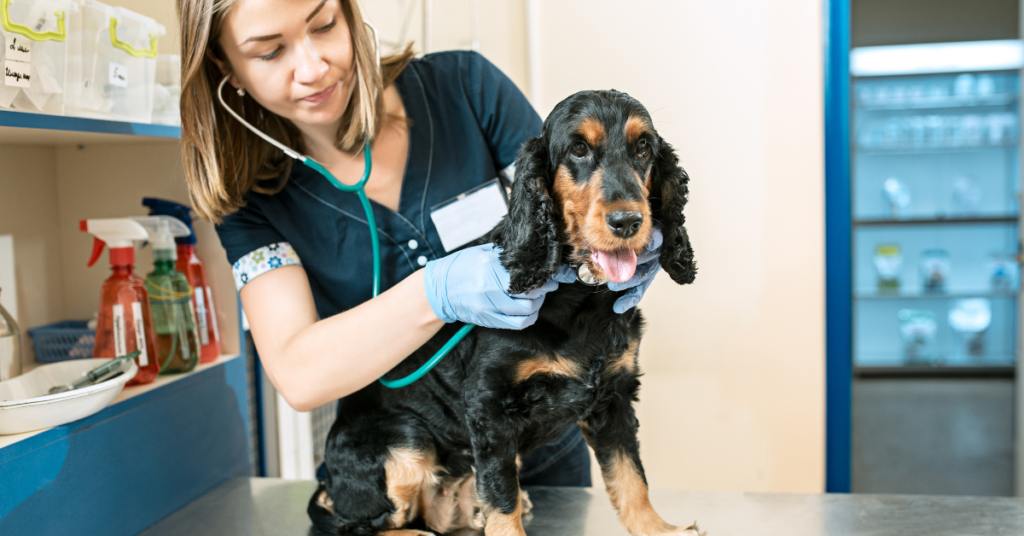
Keeping Your Dog Safe from Mycoplasma Infections
It may not be as well-known as other respiratory infections, but it is a serious condition that can have lasting effects if not treated promptly.
By understanding the symptoms, causes, and treatment options, you can protect your dog from Mycoplasma infections.
Always remember to maintain proper hygiene, keep vaccinations up to date, and seek veterinary care as soon as you notice signs of respiratory illness.
For more information on Mycoplasma in dogs, check out this related article from National Institutes of Health.

